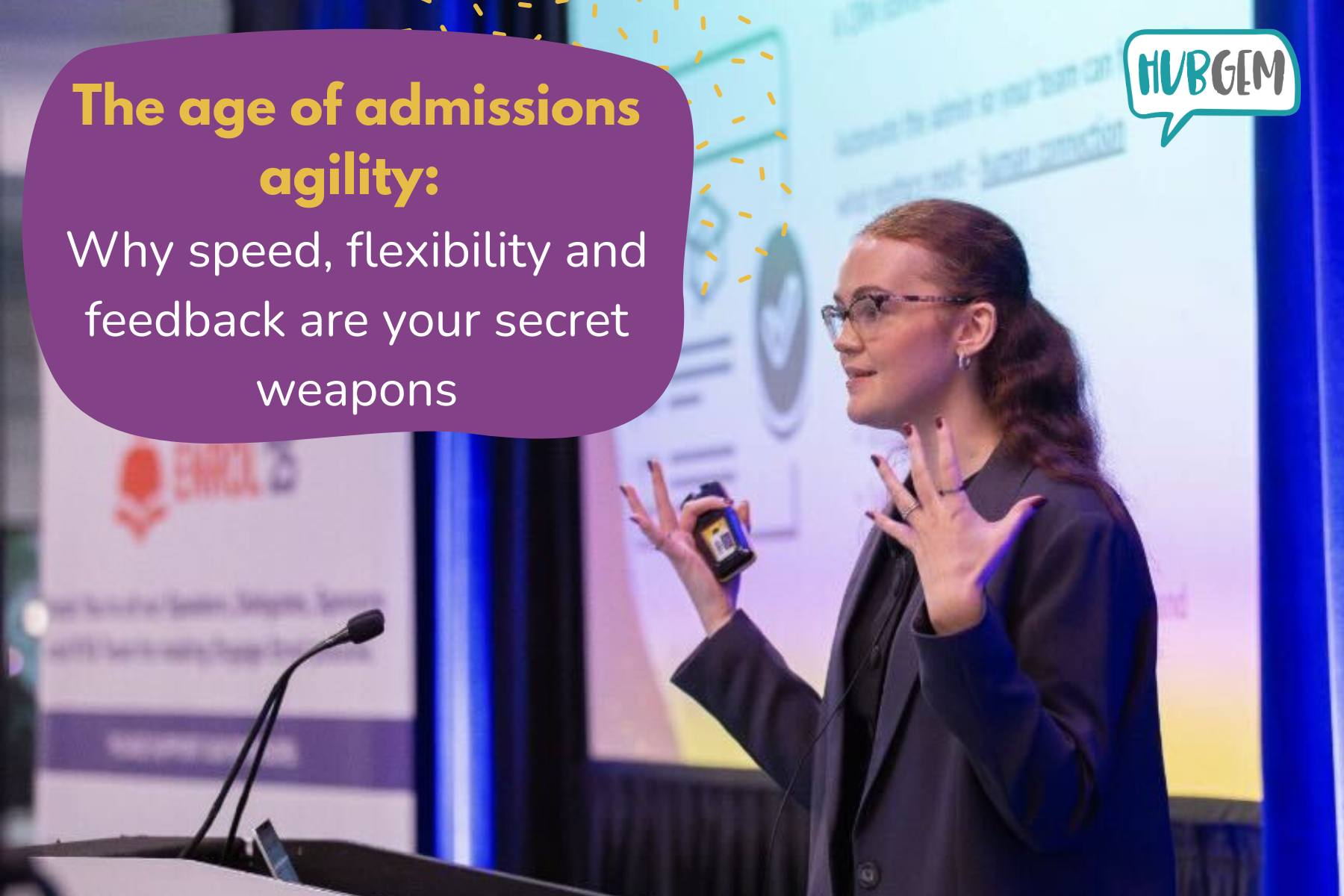Inbound marketing is all about providing value to your customers at every interaction with your organisation. Here are 10 tips on making it work for you.

1) Attract - review how you are currently attracting people to interact with your organisation. Does the content you are providing offer value to your audience and is it in the right place for them? Think about your website, blog and social media content and review whether it is effective in generating engagement with your brand.
2) SEO - look at how well you are ranking against competitors on search engines. In order to truly offer value to your audience, they must be able to find you. Your content that is designed to answer their questions and provide information, should be easily found.
3) Convert - what are you doing to capture leads? Look at your existing lead-capture processes and review if they are working. For example, how many people read your blog? If it is popular, check that visitors have the option to subscribe by providing an email address. Are you giving content away? In education, prospectuses are a great example, make sure you are capturing some basic (and useful) information about your leads before they download.
4) Clear calls-to-action - often websites are written with so much informative content but they fail to tell the visitor what to do next. Make sure that each page has a clear call-to-action and is aimed to move visitors along your customer journey.
5) Nurture at every stage of your journey - when your prospective customer, students or advocates have engaged with your brand, make sure you know what needs to happen next. By managing your data in one central CRM database, every interaction that an individual has with your organisation can be carefully monitored and inform the next interaction. Don't forget that every interaction, at every stage of the journey is as important. This is much more efficient if you have automation tools working with your CRM data!
6) Delight - show your customers that they are valued by gathering feedback about how happy they are with your organisation. Then review and act on this feedback. Everyone wants to be listened to.
7) Make it easy - your customers, supporters or students are busy people and outdated clunky processes will disengage them. Take a good look at every process your visitors will need to go through as they interact with your organisation and make prioritise convenience.
8) Personalise - in order to show your customers that you care, send personalised and tailored content that proves that you have the time for them as individuals. This can be made a lot easier with smart content tools that automatically tailor content based on past behaviours or known interests/demographics.
9) Use content to provide ongoing value - once your contacts become customers, make sure you continue to delight by providing relevant content on your social media channels and blog. Remember, most of your content should be providing insight to establish you as a thought leader in your sector, avoid endless promotional messages for your brand.
10) Review and improve - what worked before may not work now, it is important to have a process in place that allows you to review your effectiveness and change as needed. With the fast pace of change in customer behaviours, technologies and an ever-changing culture, your organisation's impact relies on adaptability.
Inbound marketing for higher education focuses on prospective families and students, keep them at the centre of your mind when planning content.
We have lots more information on the inbound methodology.
We also have a free ebook on generating inbound leads for education providers.
.png?width=150&height=101&name=HUBGEM%20Logo%20-%20smaller%20logo%20(1000%20x%20673).png)


.png)





